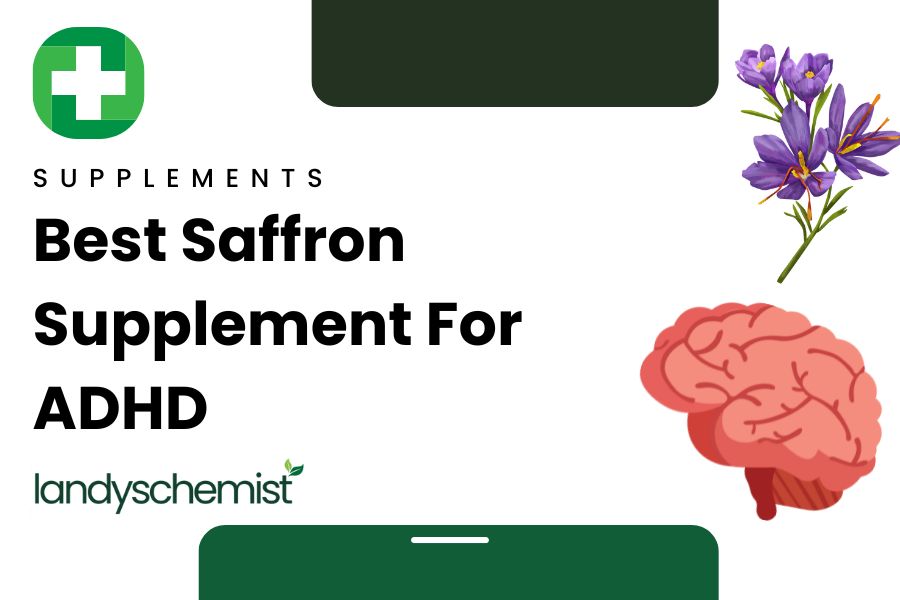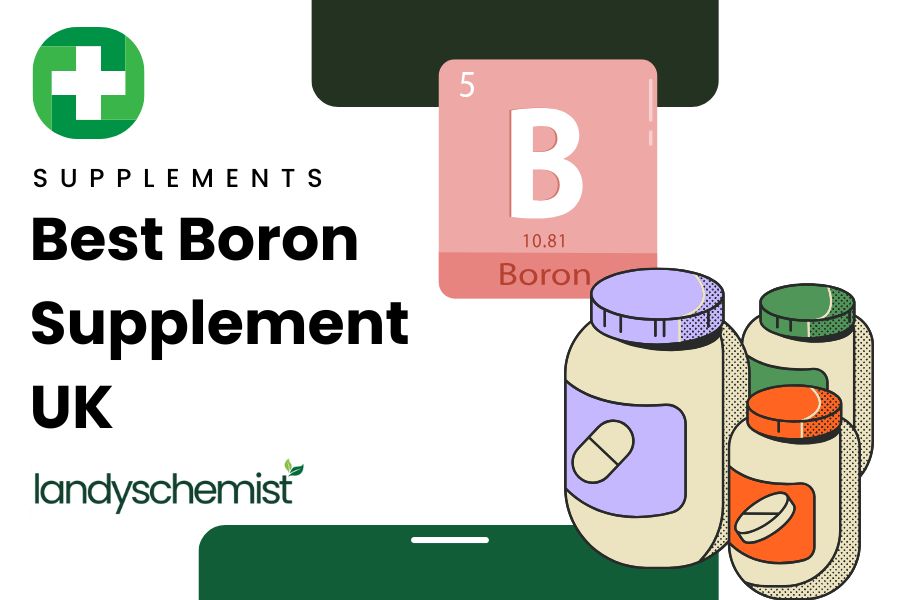
5-HTP: Benefits, Dosage & Side Effects
By Girish Desai, Pharmacist (GPhC ), Nutritionist and Homeopath
There seems to be no end to the wonders that science can uncover, particularly when it comes to creating optimal health and finding solutions that offer relief from common ailments. 5-HTP is one of the lesser-known nutrients that can have an impact on the body and mind, but which we don't get from foods directly.
Here, we delve into 5-HTP, looking at what it is, how it works, the conditions it can help with and why you might want to consider supplementing with 5-HTP.
What Is 5-HTP?

5-HTP (5-hydroxytryptophan), also known as oxitriptan, is a chemical byproduct of L-tryptophan. L-tryptophan is one of the building blocks of protein, which we get from all the usual protein sources like: fish, eggs, peanuts, pumpkin seeds, etc. However, 5-HTP itself does not occur naturally in foods in that form. Rather it is a naturally occurring amino acid that your body produces, using other broken down nutrients as the components.
How Does 5-HTP Work?
5-HTP is used in the brain and within the central nervous system to produce the chemical serotonin. We hear a lot about serotonin in relation to mood, as it is considered a mood elevator, but serotonin controls much more than that. Serotonin levels affect appetite, sleep, body temperature, sexual behaviour and pain sensation too.
More 5-HTP will enable the production of more serotonin in the body, which improves all the areas that serotonin impacts. While this can lead to increased levels in the average person, for someone with a disorder or condition that negatively affects these areas, 5-HTP could be to their benefit, helping them reach ‘normal’ levels of serotonin.
5-HTP Benefits

There are number of disorders that 5-HTP is thought to benefit, specifically:
- insomnia – helping people to get to sleep easier and stay asleep longer
- depression – elevating mood
- anxiety – reducing feelings of stress
These particular disorders are impacted by 5-HTP because serotonin levels play an important role in the intensity and longevity of the conditions. Serotonin levels are commonly lower than average in people suffering from these conditions, although this may well be correlation rather than causation.
The theory is that by supplementing with 5-HTP, the need for the body to synthesise it from other nutrients is removed, which should enable the body to elevate serotonin levels. While there have been some studies, however, there is still not considered to be any concrete scientific evidence that 5-HTP alleviates these conditions.
The body is a complex system and so more research is needed to form any viable conclusions. This is typical of how research in new areas is done, at times with combinations of supplements used to achieve the desired effect. For example, for an upset stomach baking soda or lemon juice alone do not help, but combined they do.
5-HTP / Serotonin Supplements
The commercial production of 5-HTP frequently uses Griffonia Simplicifolia, specifically the seeds of this African plant found most commonly in western parts of the continent. There are a number of different 5-HTP supplements, sometimes known as serotonin supplements due to their effects. We recommend:
What Dosage Of 5-HTP To Take
If you are hoping to use a 5-HTP supplement to help you deal with a disorder, like depression or insomnia, then you should speak with a medical professional first. Most commonly, doses of between 800mg and 150mg taken daily are recommended.
Side Effects Of 5-HTP
As 5-HTP promotes serotonin, which has a knock-on effect on bodily functions, there is a chance of seeing some side effects from taking 5-HTP supplements. Namely, some have experienced digestive issues, such as heartburn, diarrhea and nausea – though this is not common in low doses.
Disclaimer
The products offered are not intended to diagnose, treat, cure, or prevent any illness or disease, or to replace the advice of a medical professional. Results are not guaranteed and may vary from individual to individual.





